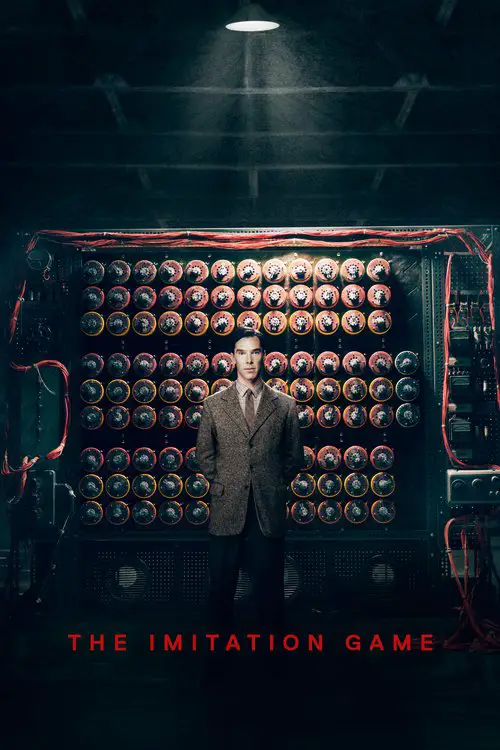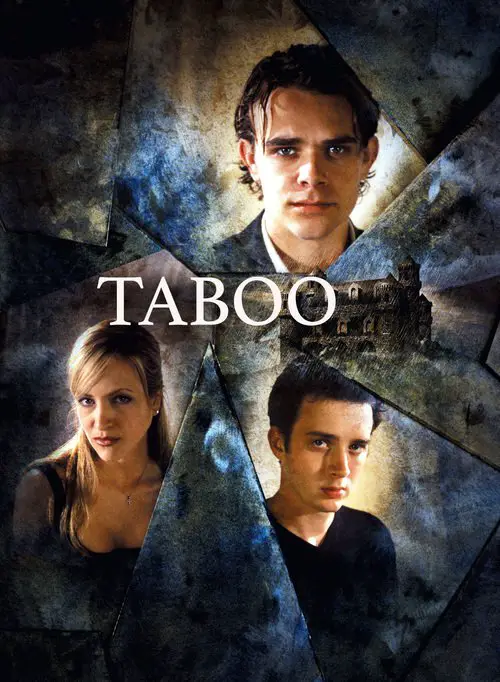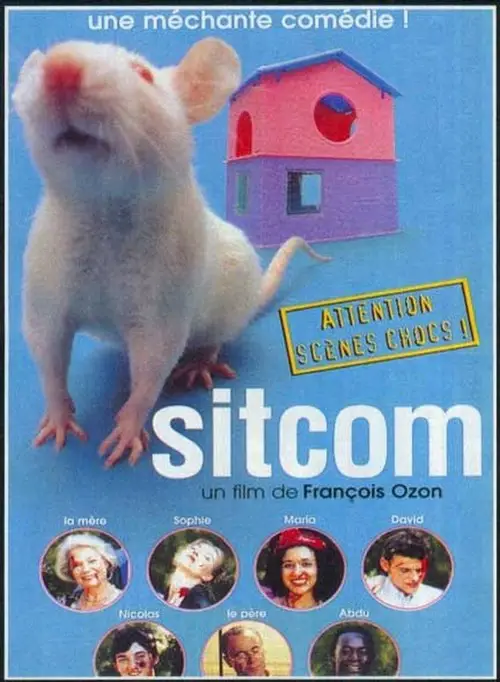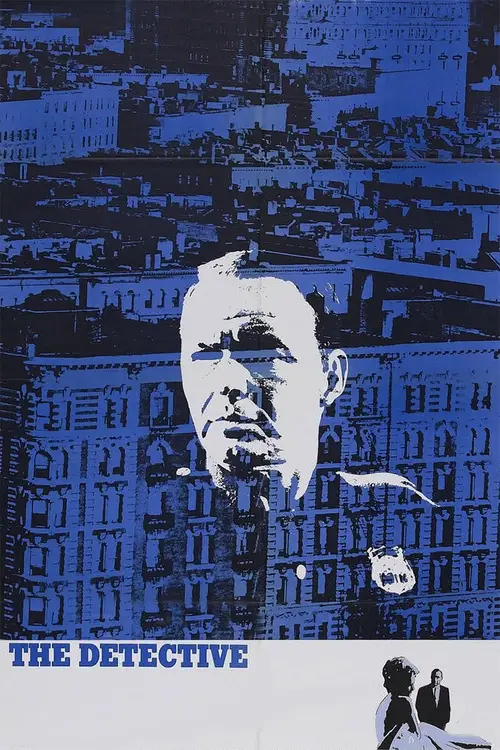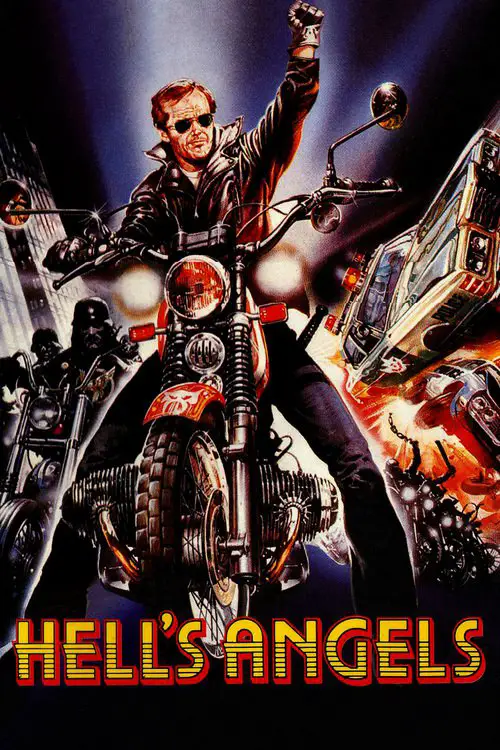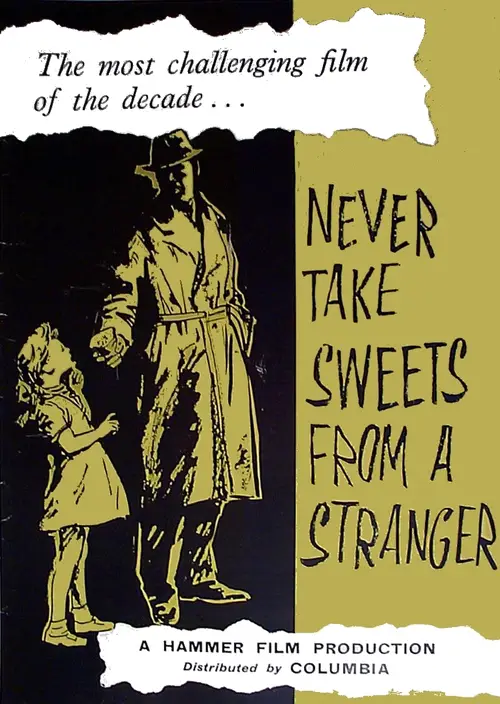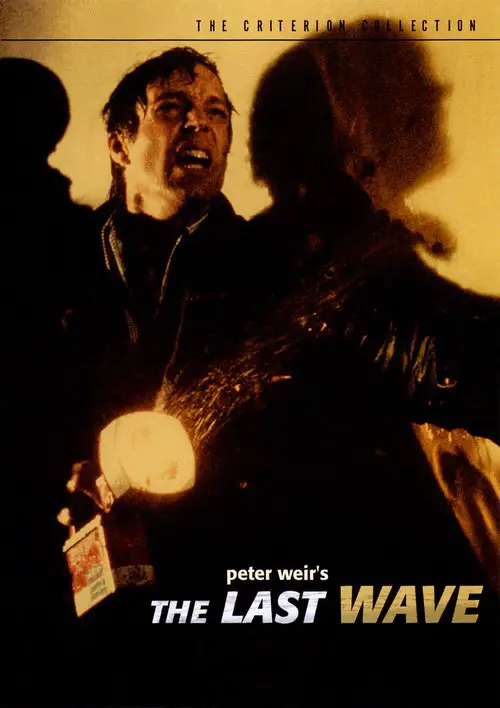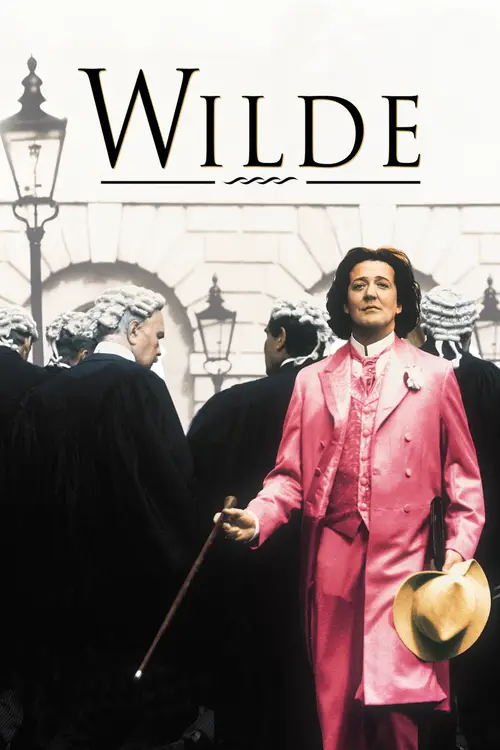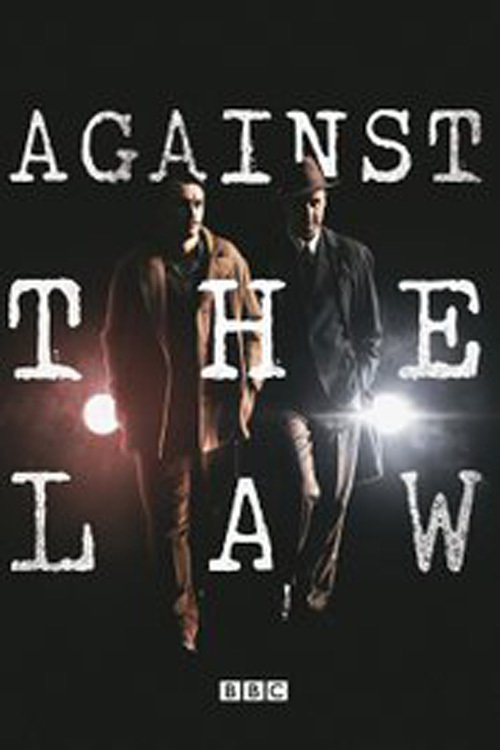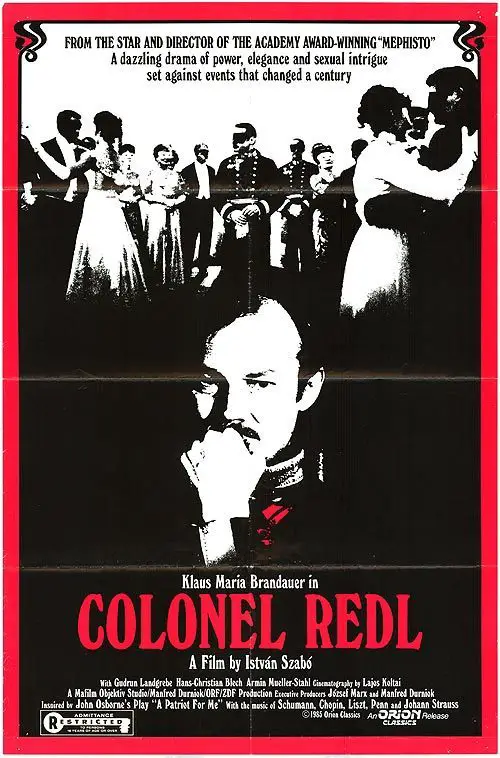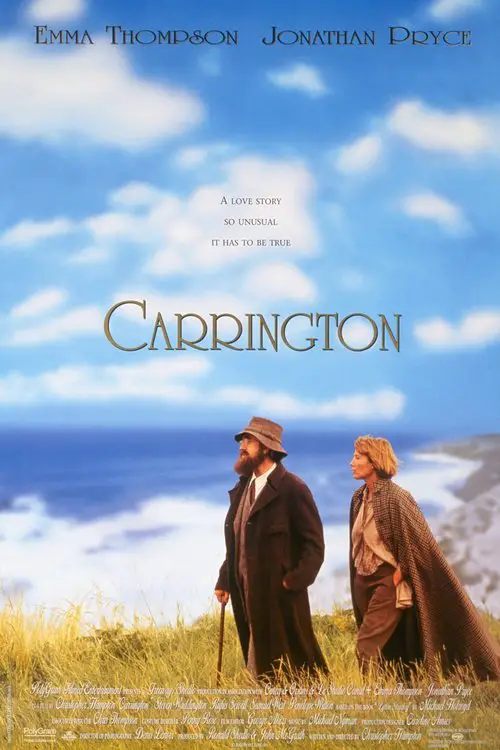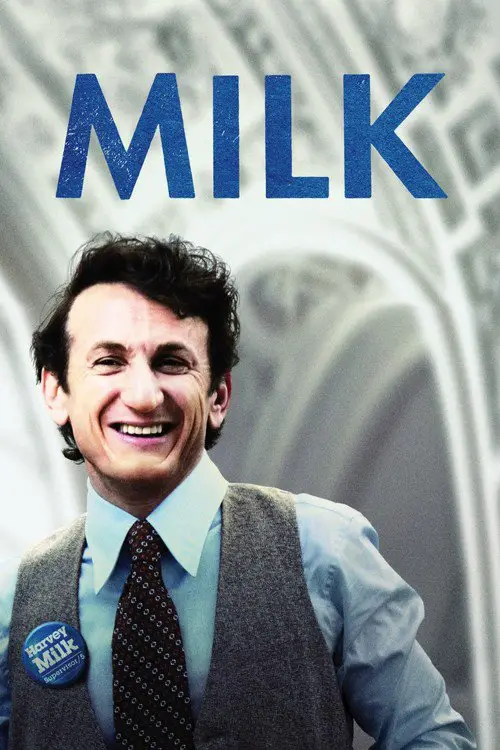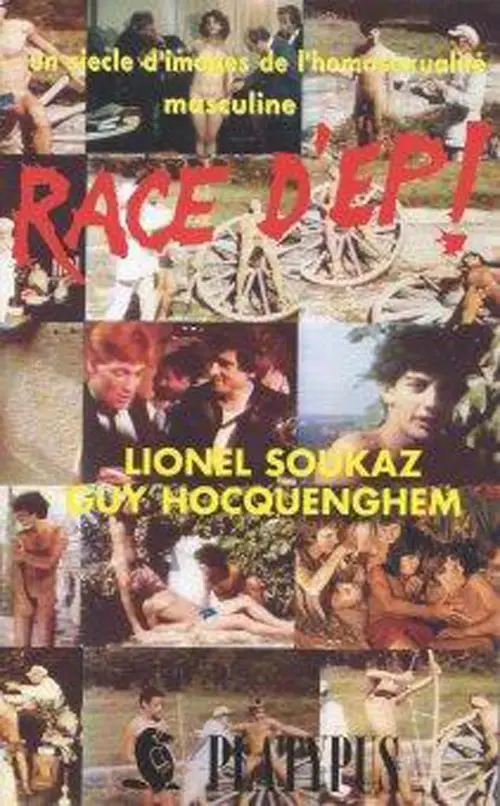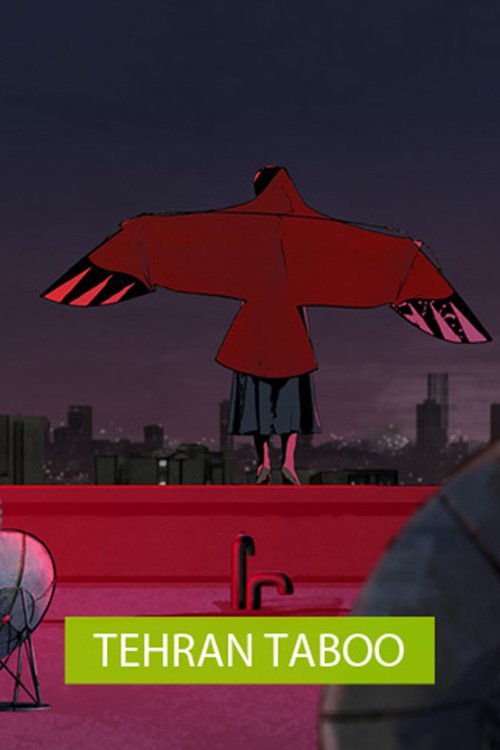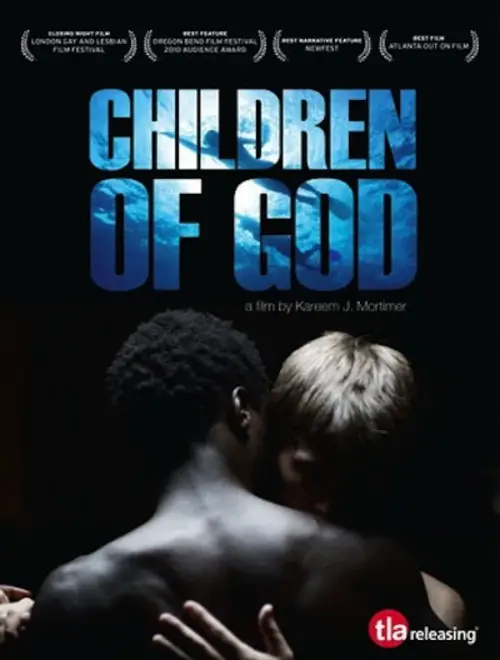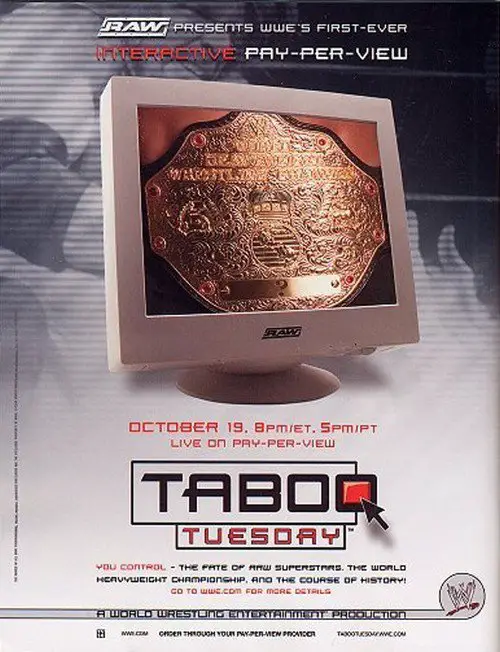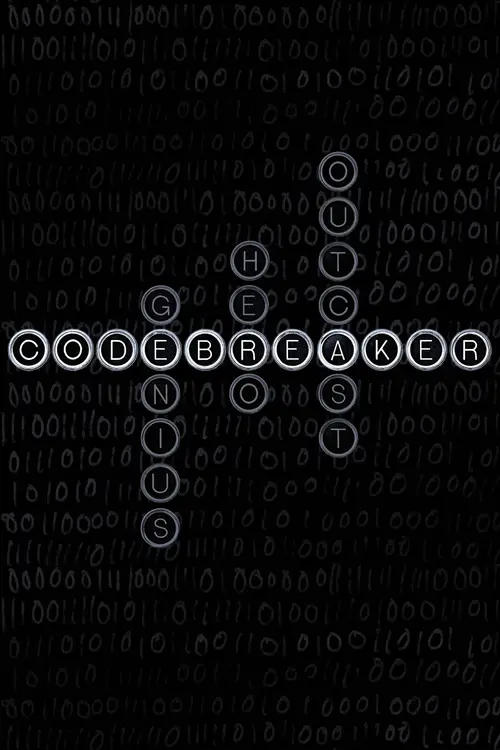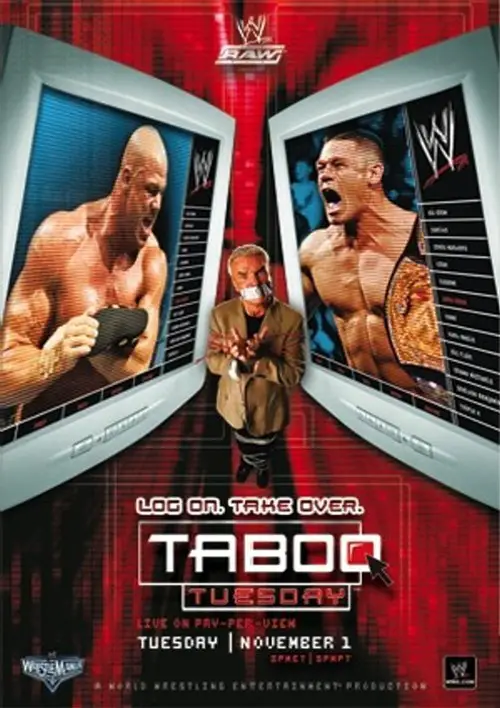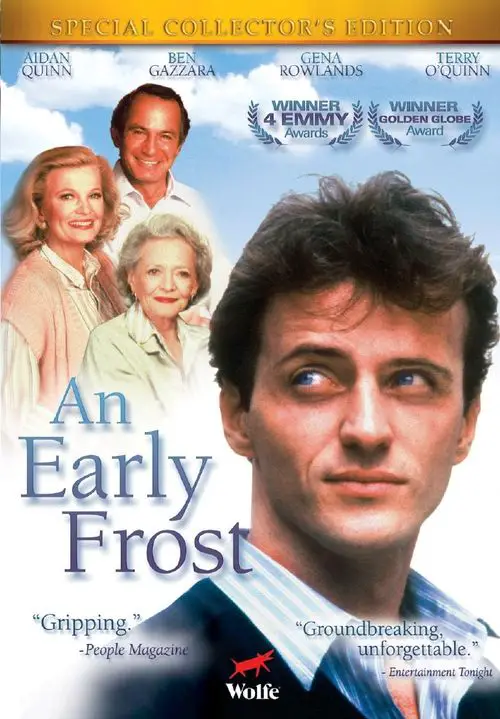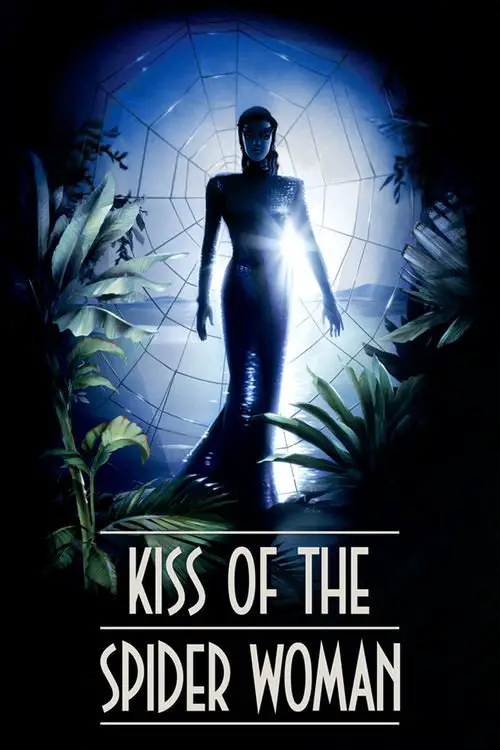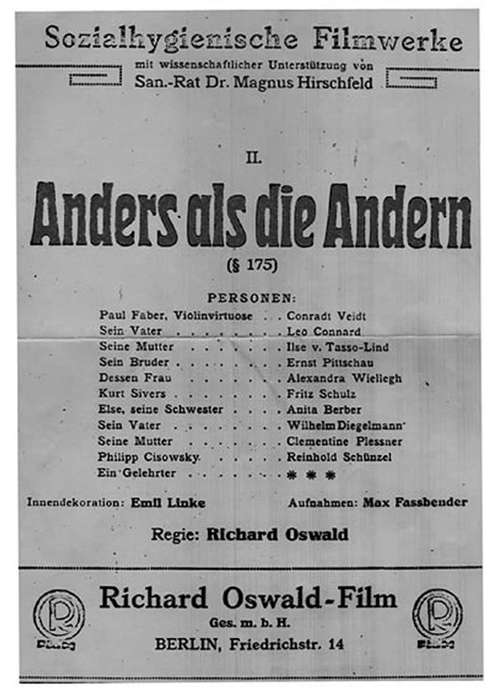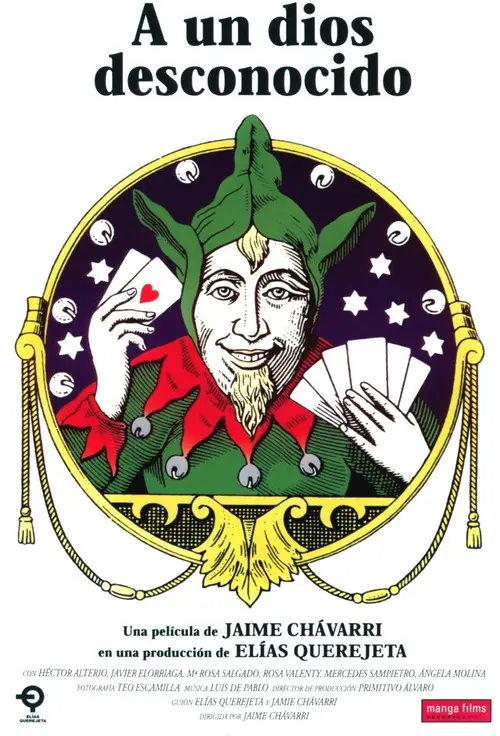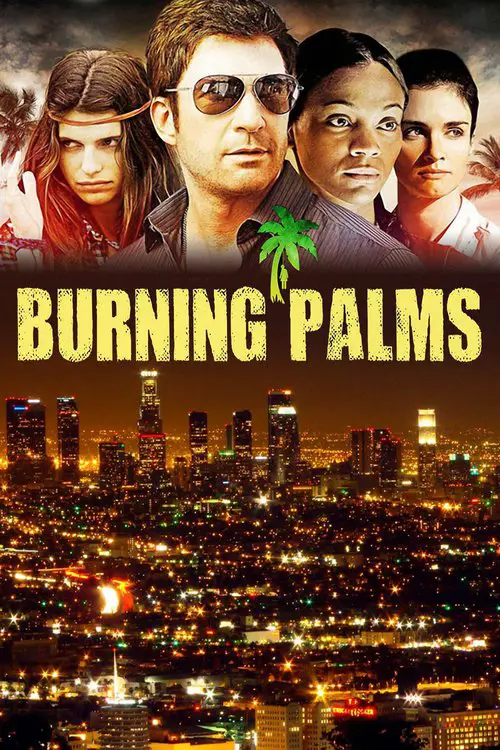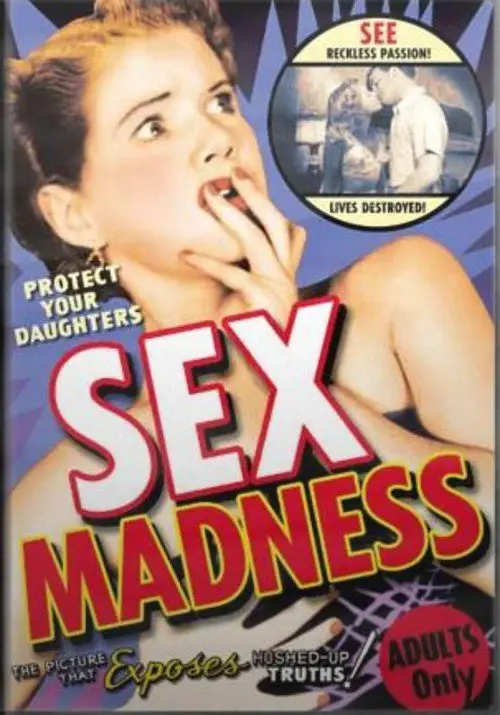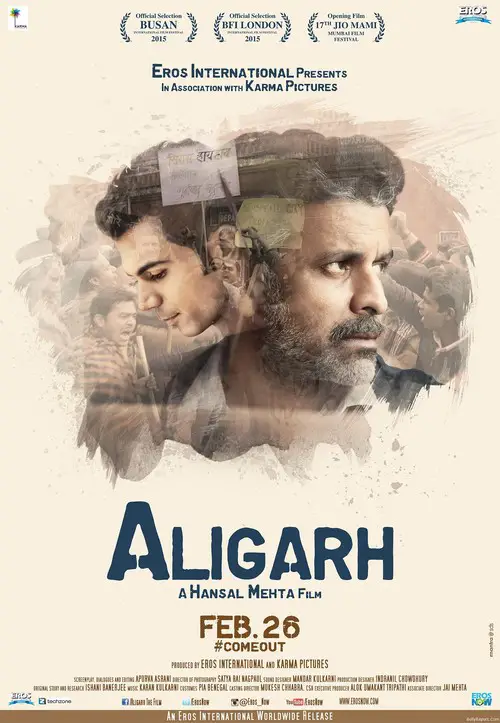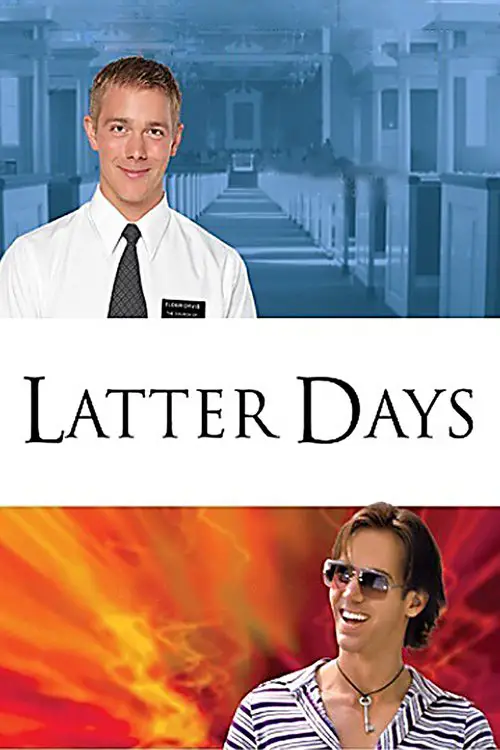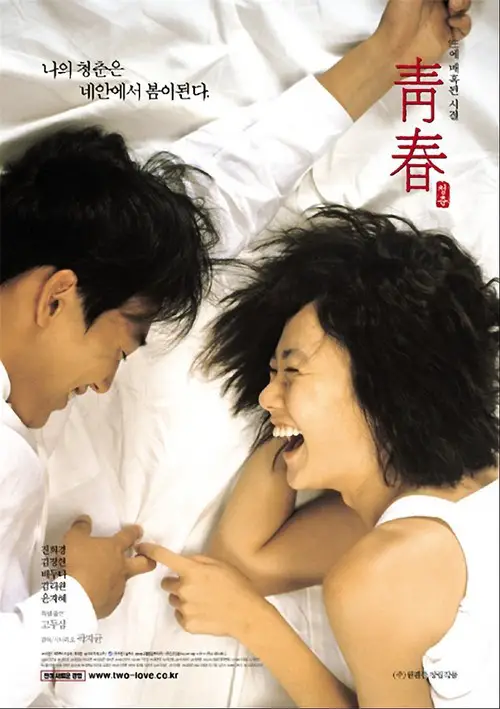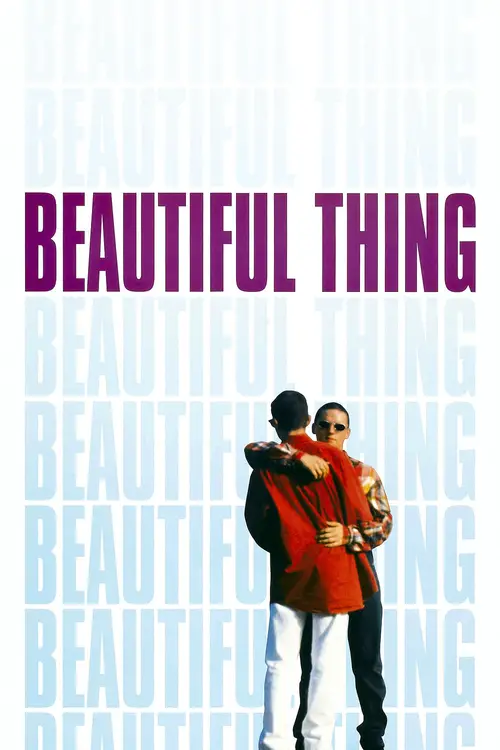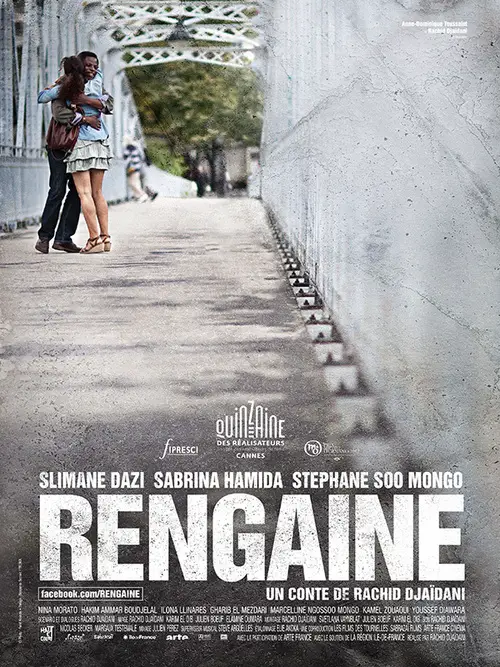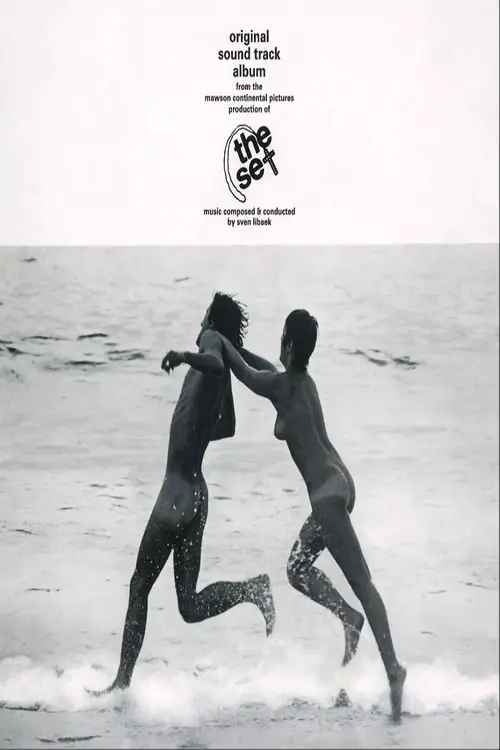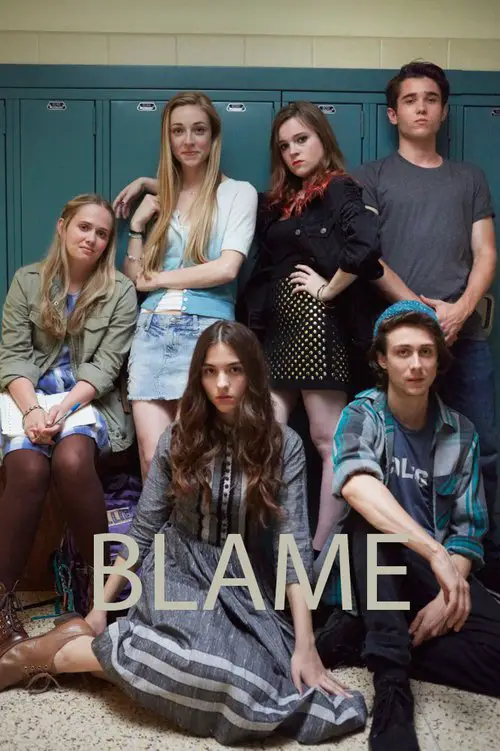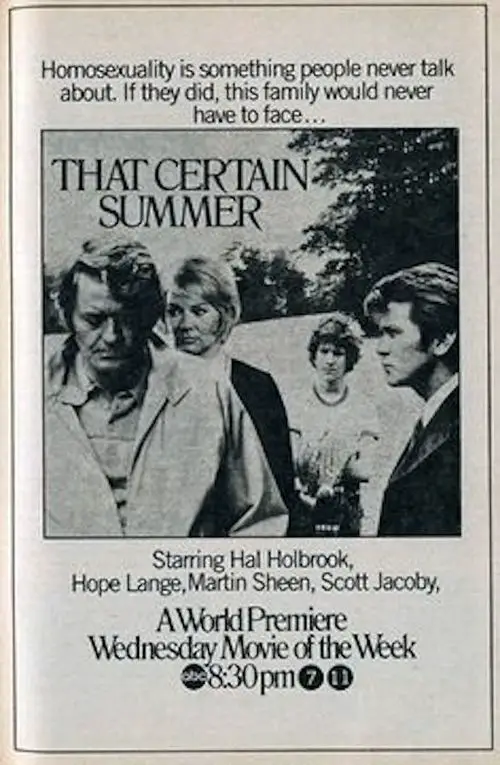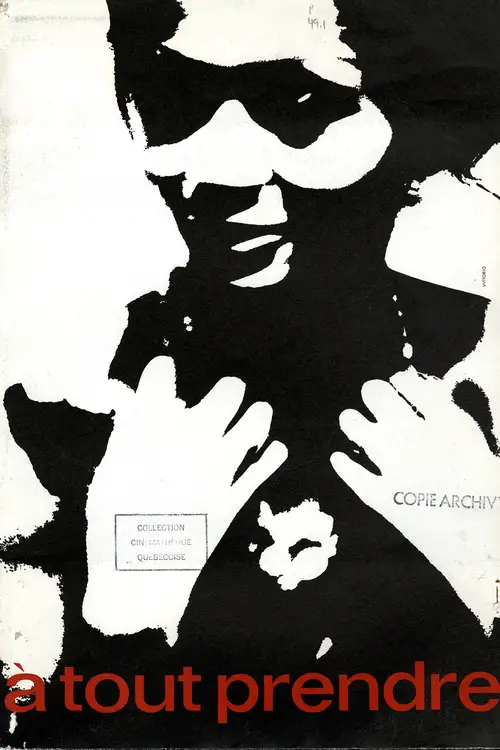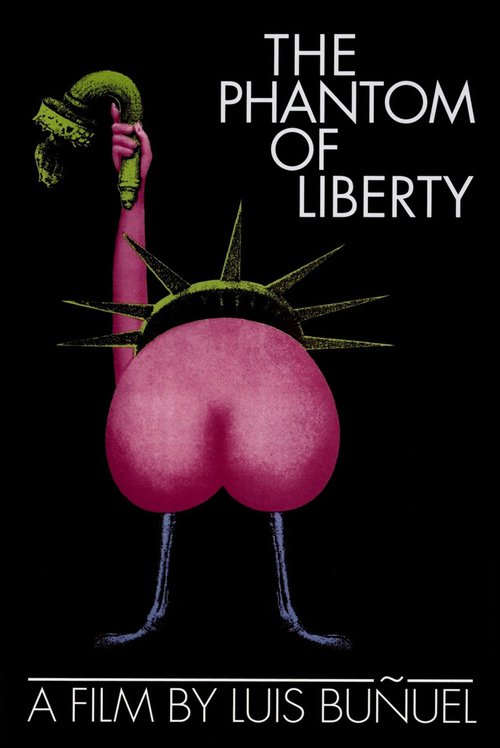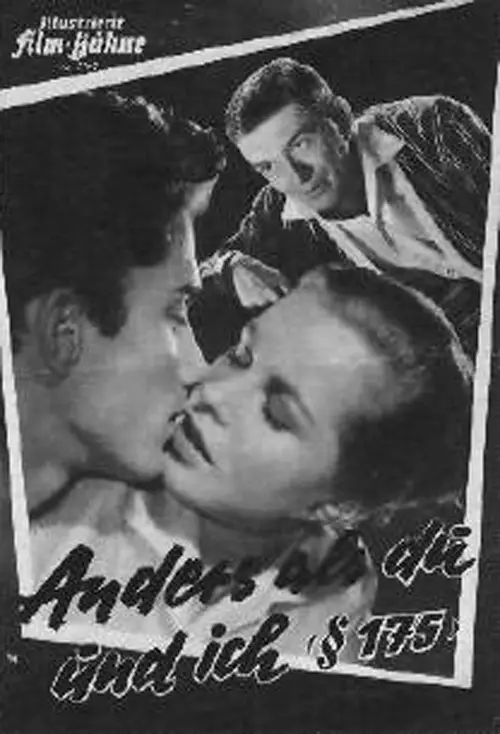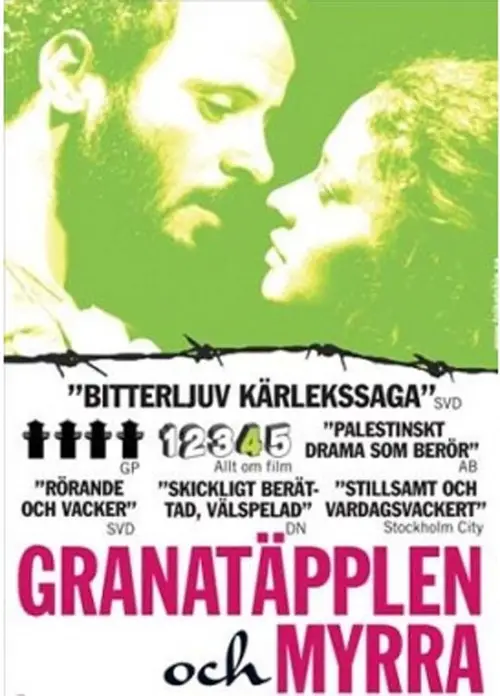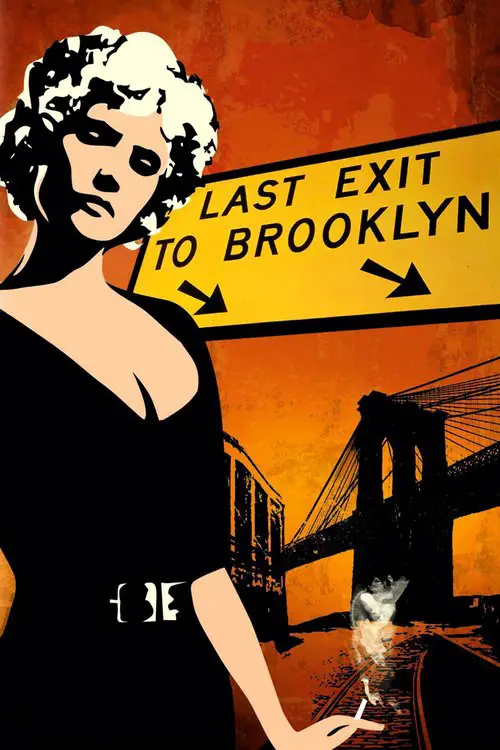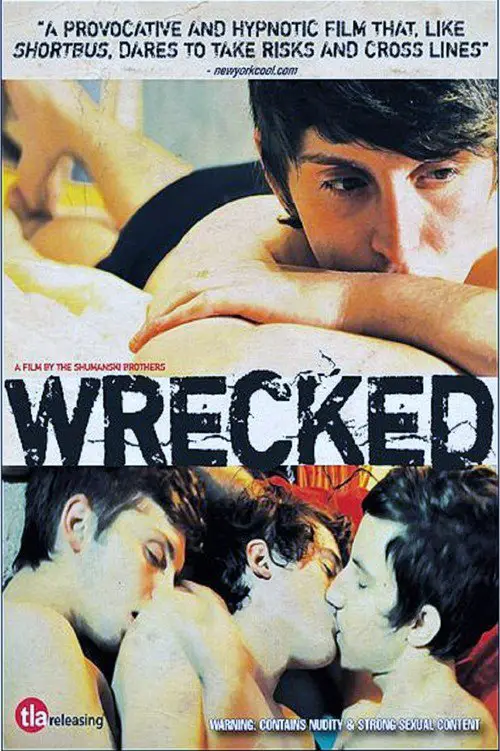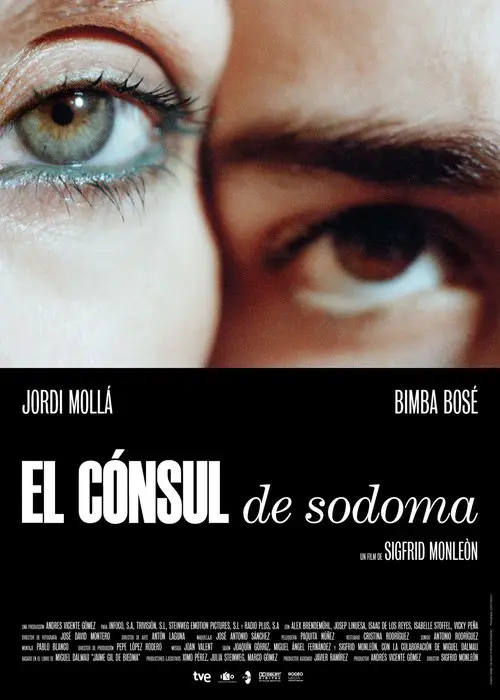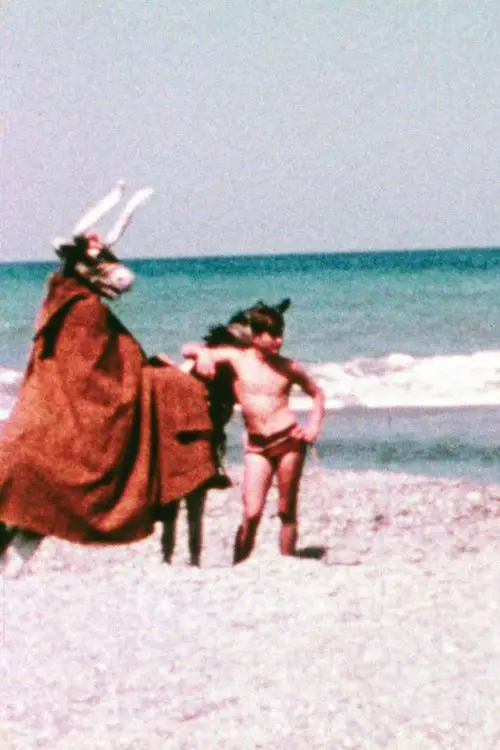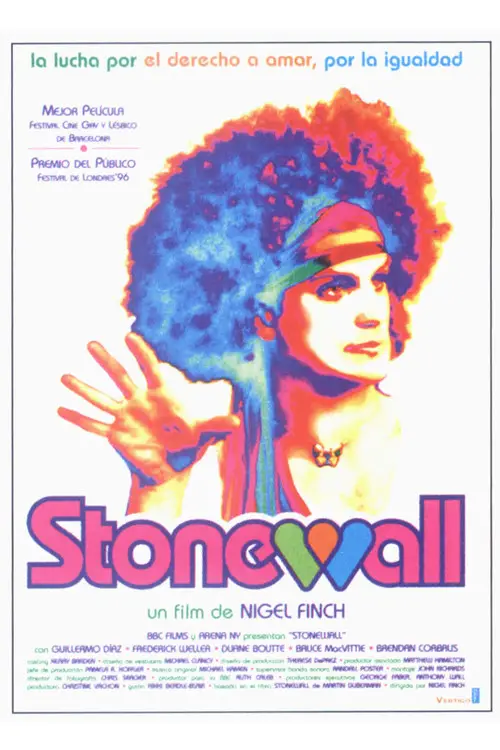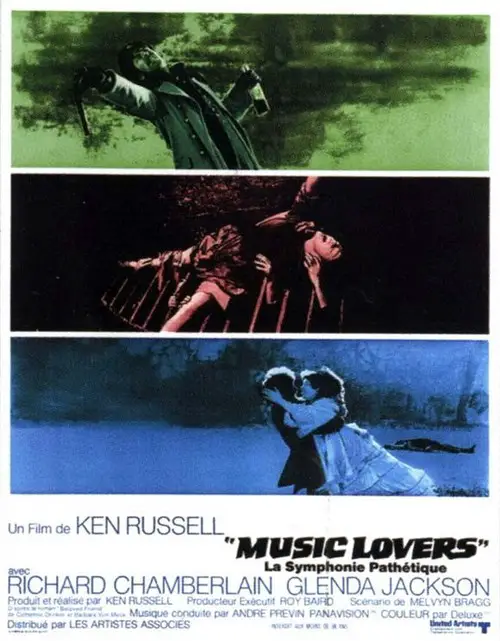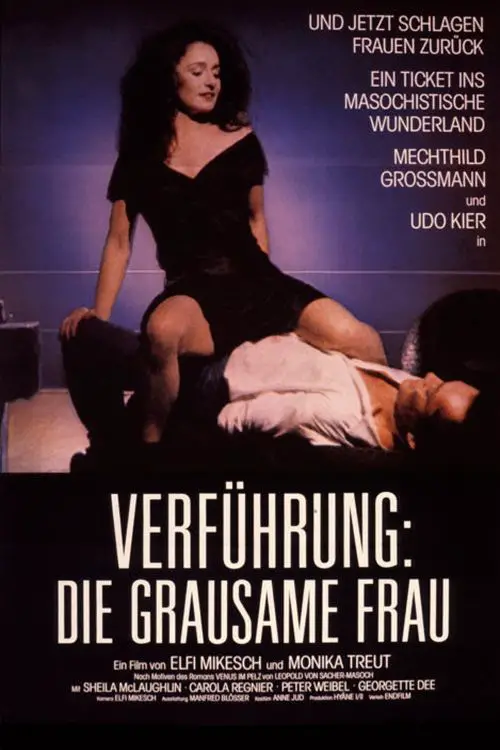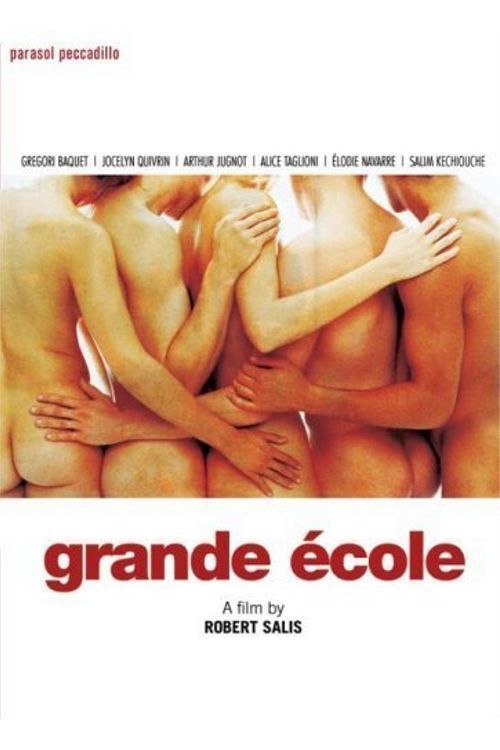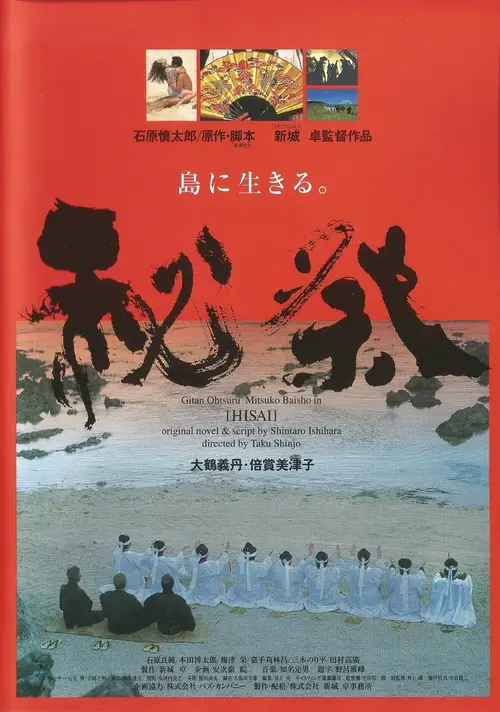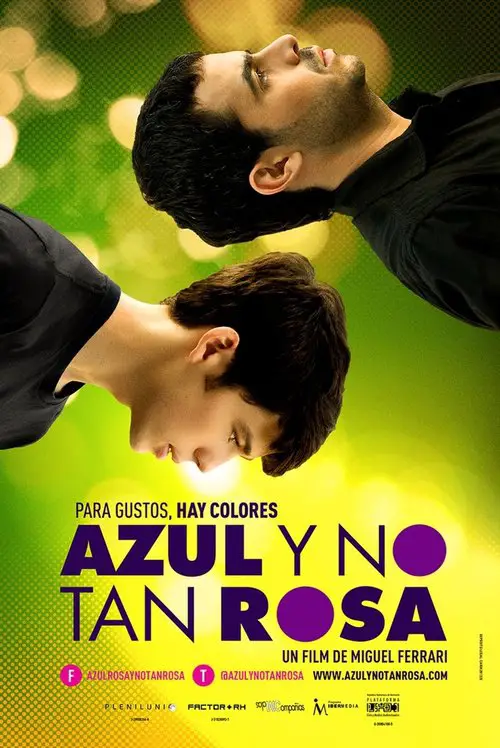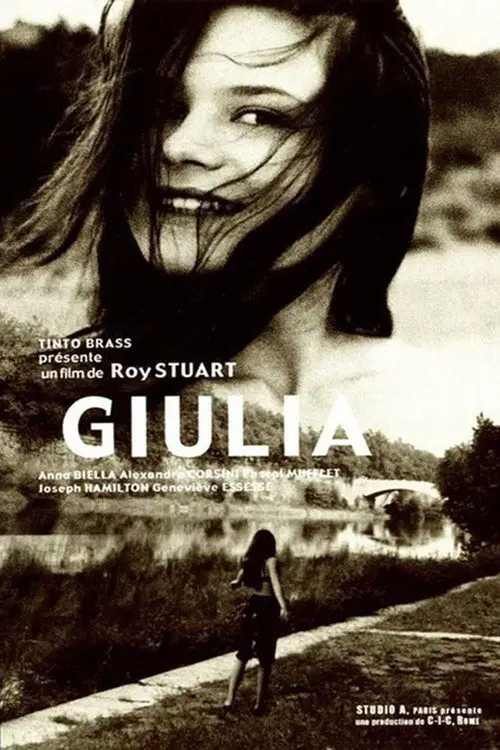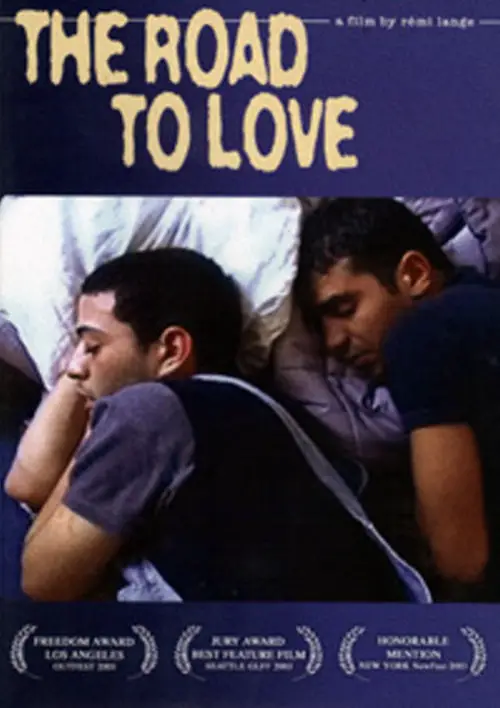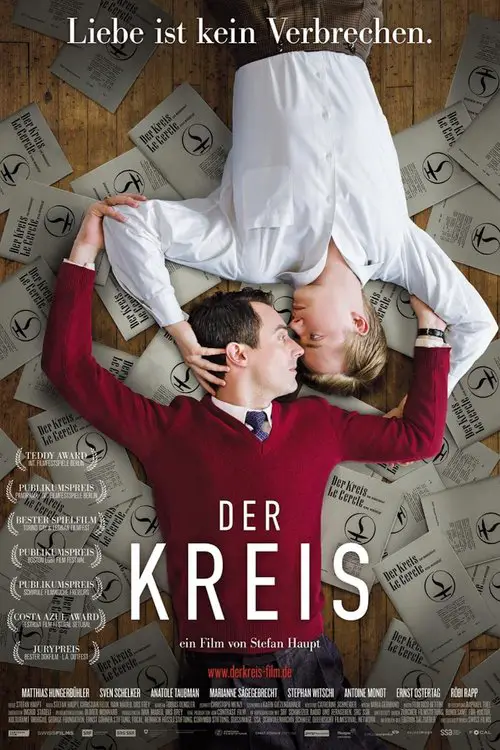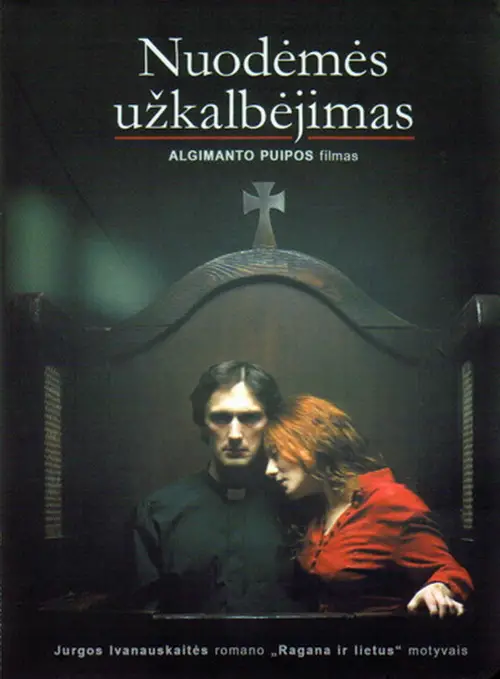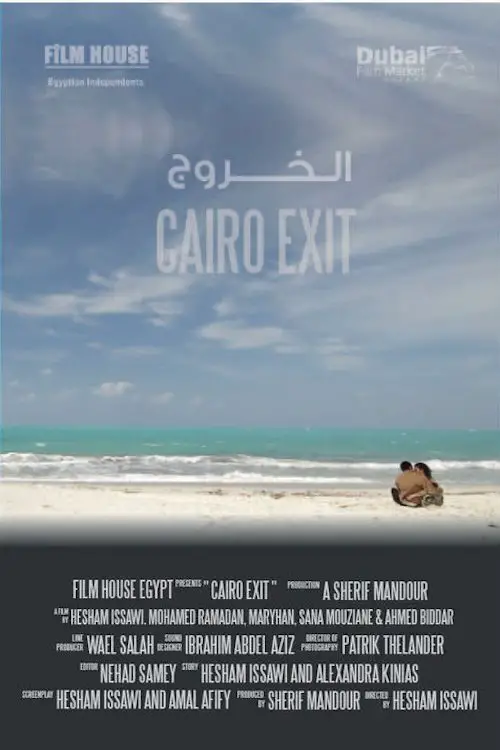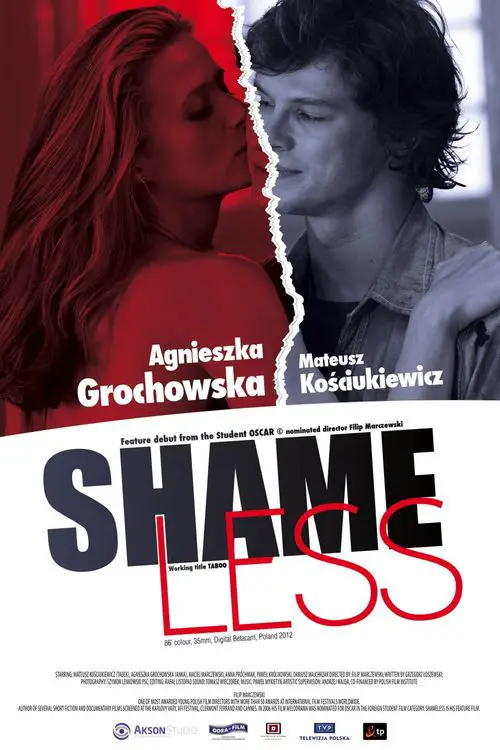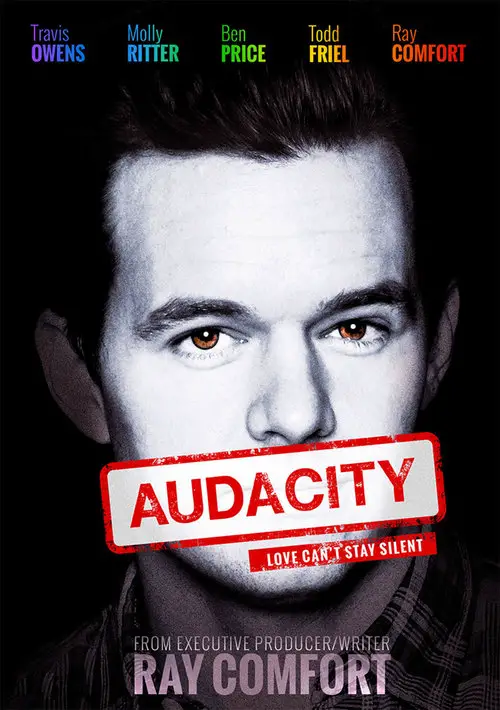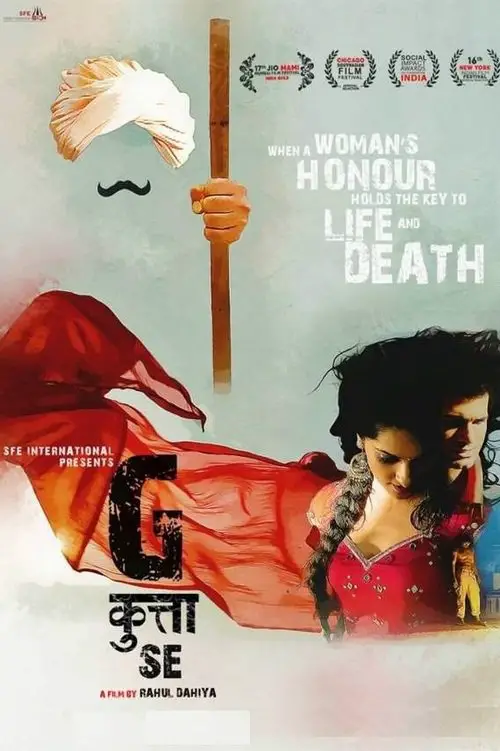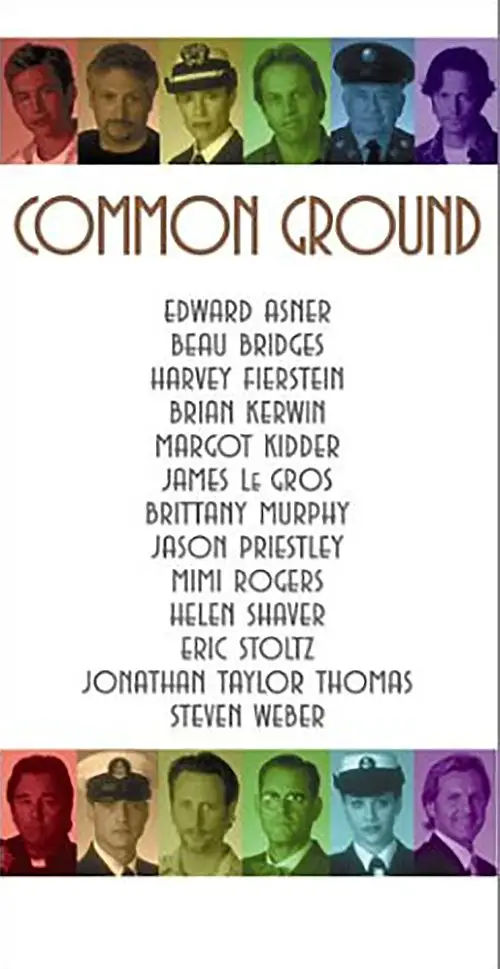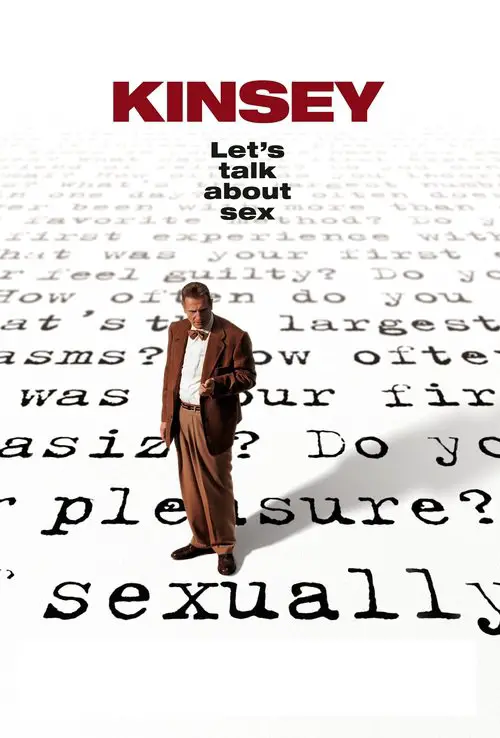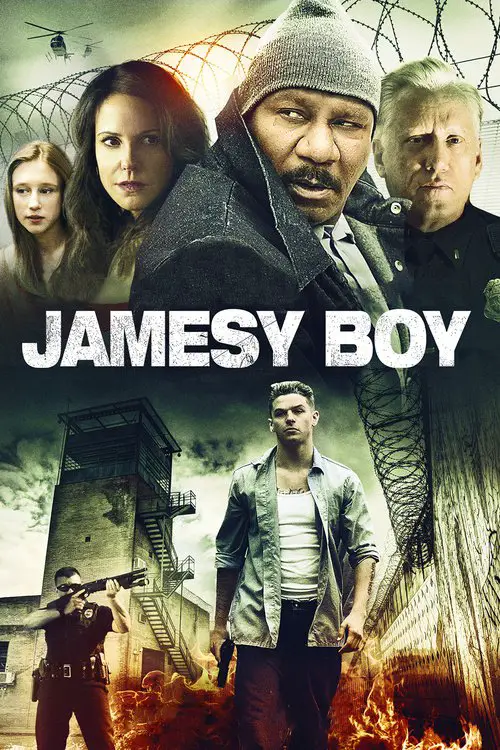Taboo (1999)
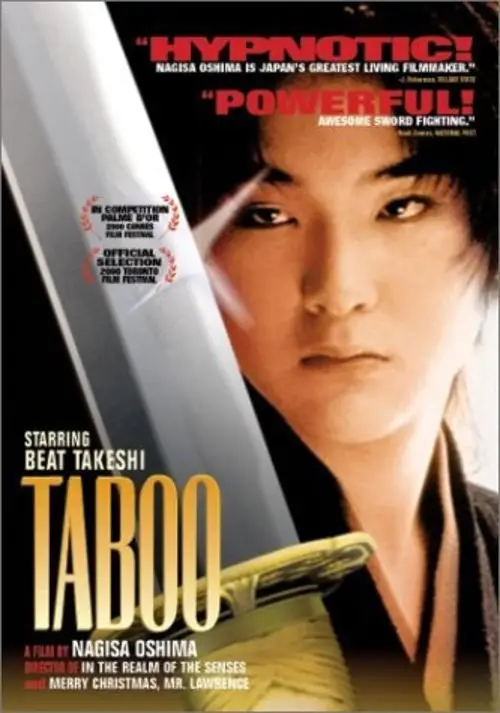
Similar movies
The adventures of an upper-class suburban family abruptly confronted with the younger brother's discovery of his homosexuality, the elder sister's suicide attempt and sado-masochist tendencies, and the intrusion of a very free-spirited maid and her husband... And it all started with the arrival in the family of an innocent looking rat...
At first gas station attendant Poet is happy when the rockers gang âHellâs Angelsâ finally accepts him. But heâs shocked when he learns how brutal they are â not even murder is a taboo to them. He gets himself in trouble when the leaderâs girlfriend falls in love with him â and he welcomes her approaches.
Peter Carter, his wife Sally and their young daughter Jean move to a sleepy Canadian village, where Peter has been hired as a school principal. Their idyll is shattered when Jean becomes the victim of an elderly, and extremely powerful, paedophile. The film was neither a box office nor a critical success, it garnered criticism for breaking a significant public taboo.
White Australian lawyer David Burton agrees with reluctance to defend a group of aborigines charged with murdering one of their own. He suspects the victim was targeted for violating a tribal taboo, but the defendants deny any tribal association. Burton, plagued by apocalyptic visions of water, slowly realizes danger may come from his own involvement with the aborigines and their prophecies.
The story of Oscar Wilde, genius, poet, playwright and the First Modern Man. The self-realisation of his homosexuality caused Wilde enormous torment as he juggled marriage, fatherhood and responsibility with his obsessive love for Lord Alfred Douglas, nicknamed Bosie. After legal action instigated by Bosie's father, Wilde refused to flee the country and was sentenced to to two years at hard labour
The story of the relationship between painter Dora Carrington and author Lytton Strachey in a World War One England of cottages and countryside. Although platonic due to Strachey's homosexuality, the relationship was nevertheless a deep and complicated one. When Carrington did develop a more physical relationship with soldier Ralph Partridge, Strachey was able to welcome him as a friend, although Partridge remained somewhat uneasy, not so much with Strachey's lifestyle and sexual orientation as with the fact that he was a conscientious objector.
The story of California's first openly gay elected official, Harvey Milk, who became an outspoken agent for change, seeking equal rights and opportunities for all. His great love for the city and its people brought him backing from young and old, straight and gay, alike â at a time when prejudice and violence against gays was openly accepted as the norm.
The lives of three strong-willed women and a young musician cross paths in Tehranâs schizophrenic society where sex, adultery, corruption, prostitution and drugs coexist with strict religious law. In this bustling modern metropolis, avoiding prohibition has become an everyday sport and breaking taboos can be a means of personal emancipation.
Johnny (Johnny Ferro) is an art student in Nassau whose technique is perfect, but heâs creatively blocked. His teacher sends him off to the rural island of Eleuthera where he meets Romeo (Stephen Tyrone Williams), a hot musician. They begin a clumsy dance of attraction and romance. Romeo has a fiancé and is identified as straight, but heâs been known to play with the boys on the side secretly. The Bahamas are bound by religious traditions that discourage homosexuality and end up forcing gay men into the closet. Lena is a pastorâs wife. Her husband demonizes homosexuality to further his career, yet heâs on the DL as well. When Lena discovers that her husband has infected her with VD, he accuses her of infidelities. These characters are all bound together in this intense drama of love, family and secrets.
Taboo Tuesday (2004) was a PPV presented by AT&T which took place on October 19, 2004 at the Bradley Center in Milwaukee, Wisconsin. It was the first annual Taboo Tuesday event, marking the first time in which the fans were given the chance to vote on stipulations for the matches. The voting for the event started on October 18, 2004 and ended during the event. The event starred wrestlers from the Raw brand. The main event was a Steel cage match, which is fought in a cage with four sheets of mesh metal around, in, or against the edges of the wrestling ring, in which Randy Orton competed against Ric Flair. Two bouts were featured on the undercard. In respective singles matches, World Heavyweight Champion Triple H defended against challenger Shawn Michaels and Gene Snitsky fought Kane in a Weapon of Choice match.
Alan Turing is the genius British mathematician who was instrumental in breaking the German naval Enigma Code during World War II, arguably saving millions of lives. Turing's achievements went unrecognised during his lifetime. Instead he ended up being treated as a common criminal, for being homosexual at a time when homosexual acts were a crime. In 1952, he was convicted of 'gross indecency' with another man and was forced to undergo so-called 'organo-therapy' - chemical castration. Two years later, he killed himself with cyanide, aged just 41. Alan Turing was driven to a terrible despair and early death by the nation he'd done so much to save.
Taboo Tuesday (2005) was a professional wrestling PPV event produced by World Wrestling Entertainment (WWE), which took place on November 1, 2005 at the iPayOne Center in San Diego, California. It was the second annual Taboo Tuesday event in which the fans were given the chance to vote on stipulations for the matches. The voting for the event started on October 24, 2005 and ended during the event. The event starred wrestlers from the Raw brand. The main event was a Triple Threat match for the WWE Championship featuring Kurt Angle, John Cena and Shawn Michaels. Two bouts were featured on the undercard. The first was a Steel Cage match for the WWE Intercontinental Championship where Ric Flair fought Triple H. The other featured an Interpromotional tag team match where Rey Mysterio and Matt Hardy (SmackDown!) defeated Chris Masters and Snitsky (Raw).
Set in the mid-eighties Michael Pierson, a young gay man, is struck with AIDS in the prime of his life. He's forced to be open about the disease and his homosexuality for the first time with his co-workers (he's a successful lawyer) and family. He, and the people around him, must face up to the inevitablity of his death and the disease that's killing him. "An Early Frost" was many people's first look at an AIDS victim as a human being instead of a statistic.
Luis Molina and Valentin Arregui are cell mates in a South American prison. Luis, a homosexual, is found guilty of immoral behaviour and Valentin is a political prisoner. To escape reality Luis invents romantic movies, while Valentin tries to keep his mind on the situation he's in. During the time they spend together, the two men come to understand and respect one another.
Helen is a nonconformist teenage girl who maintains a conflictual relationship with her parents. Hanging out most of her time with her friend Corinna, with whom she breaks one social taboo after another, she uses sex as a way to rebel and break the conventional bourgeois ethic. After an intimate shaving accident, Helen ends up in the hospital where it doesnât take long before she makes waves. But there she finds Robin, a male nurse who will sweep her off her feet...
It is a love story between a prostitute and an artist. It was one of the first German films to break several taboos: nudity, suicide and euthanasia. In the Germany of the '50s, this caused a lot of negative reactions by the politicians and the Roman Catholic Church. The opposition reached the degree of banning the film and scandalizing it which paradoxically made it one of the landmarks in the history of film
Sex Madness (1938) is an exploitation film directed by Dwain Esper, along the lines of Reefer Madness, supposedly to warn teenagers and young adults of the dangers of venereal diseases, specifically syphilis. Wild parties, lesbianism, and premarital sex are some of the forms of madness portrayed. The educational aspect of the film allowed it to portray a taboo subject which was otherwise forbidden by the Production Code of 1930, and its stricter version imposed by Hollywood studios in July 1934.
Set in the city of Uttar Pradesh and based on true events, the plot revolves around Dr Shrinivas Ramchandra Siras who taught Marathi at Aligarh Muslim University. He was sacked from his position of Reader and Chair of Modern Indian Languages, on charges of homosexuality. A sting operation was conducted by a TV channel which showed him in an embrace with a rickshaw puller, at his house inside the campus.
Aaron Davis (Steve Sandvoss) and Christian Markelli (Wes Ramsey) are the two most opposite people in the world. Aaron is a young Elder (or a Mormon missionary) who wants to do his family proud and is quite passionate about his religion and film. Christian is a shallow WeHo waiter/party boy who only looks forward to bedding a new guy every night.
Teenage hormones are difficult to be restrained. High school senior, Jayo is seduced into his first sexual experience by classmate Hara, who eventually kills herself when he ignores her. Since then, he immerses himself in loveless sex until he meets cheerful nurse, Namok. Meanwhile, his pal Seuin has developed a crush on his teacher, which is socially taboo. PLUM is a tender coming of age story about two teenage boys who embrace growing pains in a hard way.
Paris, today. Dorcy, a young black Christian, wants to marry Sabrina, a young North African. It what would be a simple matter if it weren't for the fact that Sabrina has 40 brothers and that this easygoing wedding has crystallized a taboo still rooted in the mentalities of the two communities: no marriages between Blacks and Arabs. Slimane, the elder brother, and guardian of traditions, will oppose this union in every way possible.
The first US teleplay to deal sympathetically with homosexuality. Divorced San Francisco contractor Doug Salter is looking forward to a summer visit from his fourteen-year-old son Nick, who lives in Los Angeles with his mother Janet. The boy does not know that his father is gay and committed to Gary McClain, his life partner of several years.
Bourgeois convention is demolished in Luis Buñuelâs surrealist gem. Featuring an elegant soiree with guests seated at toilet bowls, poker-playing monks using religious medals as chips, and police officers looking for a missing girl who is right under their noses, this perverse, playfully absurd comedy of non sequiturs deftly compiles many of the themes that preoccupied Buñuel throughout his careerâfrom the hypocrisy of conventional morality to the arbitrariness of social arrangements.
A free spirited woman dancer, Kamar, finds herself the lonely wife of a prisoner, Zaid, and away from everything she loves until she returns to the dance, defying societys taboos. At the dance Kamar is confronted with Kais, a Palestinian returnee. Sparks fly between Kamar and Kais, creating more than a passionate, emotional dance for the both of them. Matters become even more complicated when Zaid's sentence is extended. Kamar's life is thrown into turmoil as she becomes increasingly attached to Kais, and caught in the midst of her desire to dance and breaking the family and society taboos of the prisoner's wife's role while life under occupation rages on.
An edgy drama about a gay teen's tumultuous decent into drugs and anonymous sex, Wrecked smashes cinematic taboos while it spins its cautionary tale. Ryan is an earnest 18-year-old trying to develop a career as an actor and getting his life on the right track. This course is quickly threatened with the sudden arrival of his sort-of ex, Daniel, who arrives at Ryan's door wanting a place to stay.
Fascinating journey through the life and work of the prestigious Catalan poet Jaime Gil de Biedma, both marked by sexuality and eroticism. Charismatic and somewhat eccentric, brilliant intellectual with extraordinary sensitivity and member of Barcelona's 'gauche divine' in the 60s, Gil de Biedma liked to describe himself as a 'poet of experience' while he suffered dreadfully from the dichotomy strangling him: bourgeois and executive for a multinational by day, communist and homosexual poet by night.
Surrealist poet and artist Charles Henri Fords 1971 film, Johnny Minotaur is a lyrical explosion of taboos: incest, intergenerational desire, pansexuality and autoeroticism are a few of the issues he grapples with through mythopoeic, sensual imagery, recitations of his diaries and a philosophical debate featuring an impressive narration by such artists as Salvador Dali, Allen Ginsberg, Warren Sonbert and Lynne Tillman. Unseen for over two decades, this classic of forgotten, queer cinema belongs alongside the films of Kenneth Anger, Derek Jarman and Jean Genet. Read more about the restoration process at http://blogs.westword.com/showandtell/2014/02/a_queer_classic_restored_poetr.php
Wanda is a dominatrix who runs a gallery in a building on the Hamburg waterfront, where audiences pay for the privilege of watching her humiliate her slaves. She is a business woman who smashes sexual stereotypes and social taboos with icy self-possession and an enigmatic smile. As artist she specializes in the staging of elaborate BDSM fantasies and her affairs transgress the usual boundaries of personal and professional life. Along the way she leaves her German lesbian lover, a shoe fetishist, for an American "trainee," and does more than step on the toes of the male performer who has broken the rules of the master-slave relationship by falling in love with her.
Paul and Agnes have been going out for quite a while and Agnes is shocked to learn that he'd rather live with two roommates on campus than move in with her. As soon as he meets one of his roommates, Louis-Anault, Paul's behavior changes - he is attracted to Louis without realizing so himself. Agnes, on the other hand, gets quite jealous and offers a bet: Whoever gets to have Louis-Anault first, wins... If she does, Paul will no longer explore his homosexual desires, if he does - she'll walk away. Meanwhile, Paul meets Mecir, a young Arab worker, who shows him there's more to life than elite colleges...
Taku Shinjo spins this rural drama about ancient taboos and encroaching modernity. Takamine (Gitan Otsuru) is a big-city workaholic sent to a small remote island to seal a business deal. His predecessor almost managed to convince the island's 17 inhabitants to sell their stake and make way for a resort hotel -- that is, before he died under dubious circumstances. Takamine finds the islanders polite and kind but unwilling to discuss business; instead, they tell him to become an islander. So the city-slicker stuffed shirt loses his tie and starts to help the women plant and the men fish. He soon makes his acquaintance with Takako (Mitsuko Baisho), the widowed daughter of the island's chief. She lives alone with her crazed son who is kept Jane Eyre-style chained to a stake. One moon-lit night, their mutual attraction boils over, resulting in a naked, passionate roll on the beach.
The story of Diego, a young and successful photographer that lives in the glamorous world of fashion, shallowness and excess. A tragic accident turns his world around; his partner is now in a coma. Unexpectedly, and right at this terrible time, Diego must take care of his son, Armando. Now, both of them have to adapt to each other; Armando to the unknown, homosexual world of his father, and Diego to the closed attitude of his teenage son.
Slow-burning and smart, French director Rémi Lange's The Road to Love is a romantic tale of self-discovery that also offers a fascinating historical take on homosexuality in northern Africa. French-Algerian sociology student Karim is having trouble finding interviewees for his term project, a video documentary on homosexual relationships in Islamic cultures. As his research progresses, he meets Farid, a handsome flight attendant. In Farid, Karim believes he has found an ideal subject for his film...but he soon begins to admire more than just Farid's insight. When Karim learns that some cultures have accepted and encouraged same-sex unions, he finally begins to face his own sexuality. Set in scenic locales from Paris to Marseilles to Amsterdam (with a brief detour to Jean Genet's grave in Larache, Morocco), The Road to Love is a shrewd and sensual tale of enchantment and desire
Zürich in the mid 50âs: The young shy teacher Ernst Ostertag becomes a member of the gay organisation DER KREIS. There he gets to know the transvesti- te star Röbi Rapp â and immediately falls head over heels in love with him. Röbi and Ernst live through the high point and the eventual decline of the organization, which in the whole of Europe is seen as the pioneer of gay eman- cipation. Ernst finds himself torn between his bour- geois existence and his commitment to homosexuality, for Röbi it is about his first serious love relationship. A relationship which will last a lifetime. The film looks back from the present to the time when the âMotherâ of all European homosexual or- ganizations had its high point to the time it slowly fell apart. While the repression against homosexu- als became increasingly more intense in Zurich, two young and very different men fight for their love and â together with their friends â for the rights of gays.
A nearly-suicidal, young woman visits a psychotherapist. She is in love with a priest, and the diagnosis of her husband's mental illness leaves no hope. The psychotherapist, in her attempts to resolve the amassed difficulties, seemingly begins to duplicate the life stages and behavioral patterns of her patient. A script for this film is based on motifs from the best-seller, scandalous novel, Witch and Rain, by female author, Jurga Ivanauskaite. By choosing a priest as the main role for a love story, the author broke an existing societal taboo. Faith, Love and Hope form the trilogy by the authors of this screenplay. Love stands as the grandest of the three.
A powerful account of life in contemporary Cairo, this raw drama about a pair of star-crossed lovers shines a powerful spotlight upon the social and cultural taboos that riddle the city's diverse population. Heralding a bold new shift for contemporary Egyptian cinema, 'Cairo Exit' is a gritty and uncompromising work from a major new cinematic talent, Hesham Issawi.
In an incendiary story of love, desire, and betrayal between siblings, the rebellious young Tadek returns to sister Ankaâs home in search of solace and affection. Bound together by a painful shared family history, brother and sister must find a way to break free in order to survive. This formidable debut fearlessly yet tenderly explores one of societyâs last taboos.
Reportedly the first film to come out of East Germany to deal openly with gay issues. Philipp, a closeted teacher is dating a female collegue to keep up appearances. One night, by 'accident' he stumbles into a gay bar, meets and promptly falls in love with a young man. Transformed by this love he is no longer afraid to face up to who he is.
Peter (Travis Owens) is an aspiring comedian encouraged by his friend Ben (Ben Price, Australia's Got Talent finalist) to perform at the local comedy club. But stage fright isnât Peterâs only fear. When confronted with one of todayâs most divisive issues, he feels compelled to speak, but can he? Challenged by his coworker Diana (Molly Ritter) to defend his convictions about homosexuality and gay marriage, will he have the courage to stand for what he believesâeven at the risk of losing a friendship? And how will he respond when faced with a harrowing life-or-death experience? âAudacityâ uses a unique approach to address a very sensitive subject in contemporary society. Regardless of your views on homosexuality, youâll gain fresh insights and a new perspective.
In a small village not too far from Delhi, three lives explode around taboos of love and lust. Diksha, still just a girl, is caught unguarded on camera, besmirching the "honor" of her parents. Kiran, in love with the wrong boy, becomes the target of another man's lustful vengeance, "dishonoring" her family. And Virender, a young man cruising the streets at will, enjoys all the acts society forbids women, protecting or destroying their "honor" as he wills. Set in the badlands of Haryana, known for high rates of female feticide, G explores the murky world of sexual transgression and honor killings in India.
This movie contains three short stories dealing with the theme of homosexuality. In "A Friend of Dorothy", a woman joins the Navy during the 1950's and discovers lesbianism. In "Mr. Roberts", a teacher in a 1970's classroom struggles with his closeted gay status. Finally in "Amos and Andy", a father wrestles with his own emotional acceptance of a present day wedding between his son and another man.
© Valossa 2015–2025
| Privacy Policy
